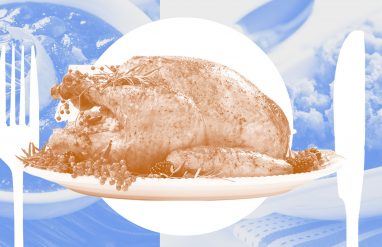Tastes and traits
Doughy, dry, icy, raw, meaty, and hearty. What do they have in common? Well, for starters, they’re all tastes perceptible to the human palate. However, we know you’re smart enough to recognize that all of the above words can be used to describe human traits as well.
Got a friend a little large around the waist? Well, he might be doughy. Is mom’s dinner table repartee full of bon mots? Well, her demeanor might be described as dry. Can grandpa’s gregarious laugh fill the whole room with warmth? We might say his personality is hearty. OK, you get the point. In many instances, tastes have become traits. How did it happen?
Really, it depends on the word … so let’s explore some of our full-bodied favorites. And remember, the list is a little nutty.
























